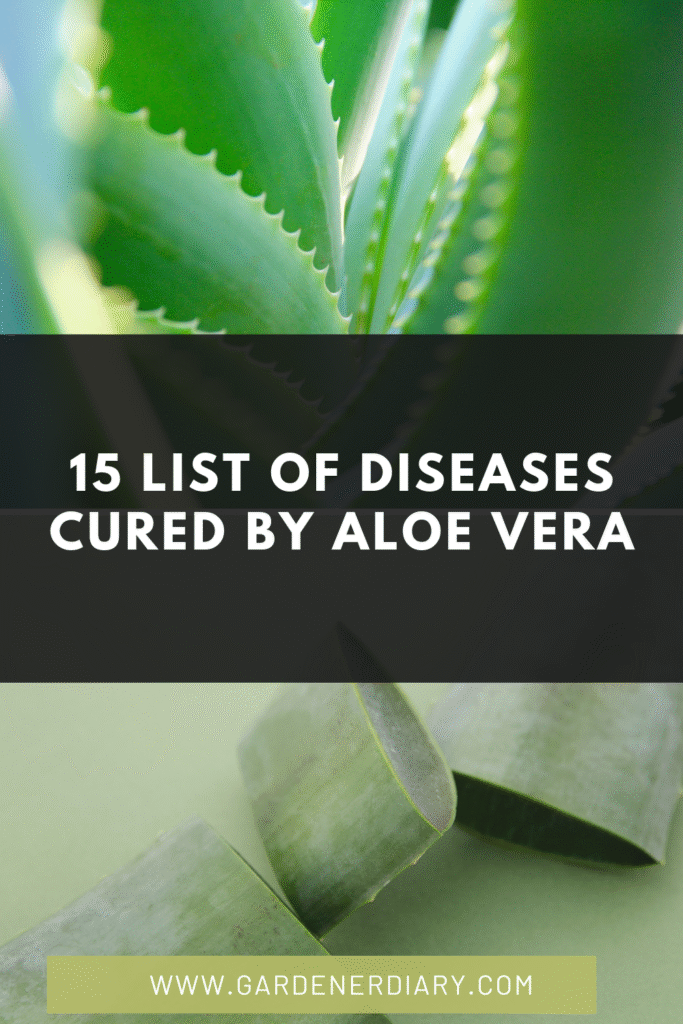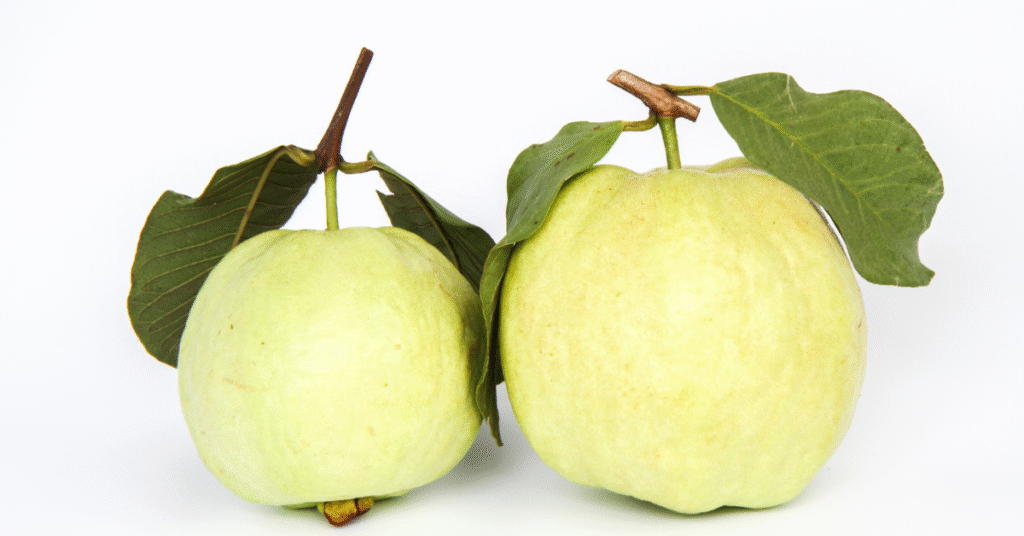15 Health Benefits of Aloe Vera: Conditions This Ancient Plant May Help Manage or Support
For millennia, Aloe Vera, often dubbed the “plant of immortality” by ancient Egyptians, has been a cornerstone of traditional medicine across various cultures. This succulent plant, with its thick, fleshy leaves, contains a clear, gelatinous pulp packed with over 75 active compounds, including vitamins, enzymes, minerals, sugars, lignins, saponins, salicylic acids, and amino acids. While its widespread use in skincare is well-known (as explored in our guide on benefits of aloe vera for skin), the therapeutic potential of Aloe Vera extends far beyond topical applications.
It’s important to clarify that while Aloe Vera possesses remarkable properties that can help manage symptoms, support healing, and contribute to overall well-being, it is generally considered a complementary therapy and does not “cure” diseases in the medical sense. Always consult with a healthcare professional for diagnosis and treatment of any medical condition. This comprehensive guide will delve into 15 potential health benefits and conditions that Aloe Vera may help manage or support, backed by scientific insights.
Understanding Aloe Vera’s Bioactive Compounds
The diverse health benefits of Aloe Vera are attributed to its rich array of bioactive compounds found primarily in its inner gel:
- Polysaccharides (e.g., Acemannan): These complex carbohydrates are known for their immune-stimulating, anti-inflammatory, and wound-healing properties.
- Vitamins: Including A (beta-carotene), C, E, and B12, which act as antioxidants and support various bodily functions.
- Enzymes: Such as bradykinase, which helps reduce excessive inflammation.
- Minerals: Calcium, chromium, copper, selenium, magnesium, manganese, potassium, sodium, and zinc, vital for metabolic processes.
- Anthraquinones: Compounds like aloin and emodin, which have laxative and antimicrobial effects (though aloin is often removed from topical and ingestible products to prevent irritation).
- Saponins: Natural soapy substances with cleansing and antiseptic properties.
- Salicylic Acid: A compound with anti-inflammatory and antiseptic properties, similar to aspirin.
This synergistic blend of compounds makes Aloe Vera a fascinating subject of scientific research, with ongoing studies exploring its full therapeutic potential. For a comprehensive overview of its properties, you can refer to detailed reviews on the therapeutic and medicinal uses of Aloe Vera.
15 Potential Health Benefits and Conditions Aloe Vera May Help Manage or Support
1. Soothes Sunburn and Minor Burns
Perhaps its most famous application, Aloe Vera gel provides immediate cooling relief for sunburn. Its anti-inflammatory properties reduce redness and swelling, while its hydrating nature prevents peeling and aids in the regeneration of skin cells. It’s an excellent natural first-aid for superficial burns.
2. Promotes Wound Healing (Minor Cuts & Scrapes)
Aloe Vera can accelerate the healing process of minor cuts, scrapes, and abrasions. Its compounds stimulate collagen production and cross-linking, essential for wound contraction and scar reduction. Its antiseptic qualities also help prevent infection. For detailed application methods, refer to our guide on how to use aloe vera on wounds.
3. Moisturizes and Hydrates Skin
Rich in water and mucopolysaccharides, Aloe Vera gel acts as a powerful natural moisturizer. It hydrates the skin without leaving a greasy residue, making it suitable for all skin types. It forms a protective barrier that helps prevent moisture loss, contributing to overall skin health.
4. Reduces Skin Inflammation and Redness
The anti-inflammatory enzymes and compounds in Aloe Vera make it effective in calming irritated skin, reducing redness associated with conditions like rosacea, eczema, and general skin sensitivity. It can provide soothing relief for itchy or inflamed patches.
5. Aids in Acne Management
With its antibacterial and anti-inflammatory properties, Aloe Vera can be a valuable addition to an acne management routine. It helps reduce the redness and swelling of breakouts and its salicylic acid content can assist in unclogging pores. For those exploring natural approaches, it can complement strategies like how to treat hormonal acne naturally at home.
6. Supports Digestive Health (Constipation Relief)
When ingested, the latex component of Aloe Vera (aloin) acts as a powerful laxative, making it a traditional remedy for constipation. However, it should be used cautiously and under medical supervision due to potential side effects and interactions. The gel itself, when processed to remove aloin, may also aid digestion.
7. May Help Manage Irritable Bowel Syndrome (IBS) Symptoms
Preliminary research suggests that Aloe Vera juice (specifically the decolorized whole leaf extract) may help alleviate some symptoms of Irritable Bowel Syndrome (IBS), such as bloating and discomfort, due to its anti-inflammatory and soothing properties on the gut lining. More rigorous studies are needed.
8. Boosts Oral Health (Gingivitis, Mouth Ulcers)
Aloe Vera’s antimicrobial and anti-inflammatory properties make it beneficial for oral health. It can help reduce gum inflammation (gingivitis), soothe mouth ulcers (canker sores), and promote healing after dental procedures. It’s often found in natural toothpastes and mouthwashes. Research has explored the efficacy of Aloe Vera in oral health applications, as seen in publications like this one on Aloe Vera’s role in dentistry.
9. Provides Potent Antioxidant Protection
Aloe Vera is rich in antioxidants like vitamins A, C, and E, and various polyphenols. These compounds help combat free radicals in the body, which are responsible for oxidative stress that contributes to aging and chronic diseases. Regular consumption or topical application can help protect cells from damage. For another powerful natural source of antioxidants and anti-inflammatory compounds, consider exploring the many cinnamon tea benefits.
10. Exhibits Strong Anti-inflammatory Effects (Systemic)
Beyond topical application, certain compounds in Aloe Vera, when ingested, may exert systemic anti-inflammatory effects throughout the body. This could be beneficial for various inflammatory conditions.
11. May Help Lower Blood Sugar Levels (Type 2 Diabetes Support)
Some studies suggest that Aloe Vera gel, particularly the inner leaf gel, may help lower blood sugar levels in people with type 2 diabetes. It’s thought to improve insulin sensitivity and glucose metabolism. However, it should only be used as a complementary therapy under medical supervision. The anti-diabetic potential of Aloe Vera has been a subject of scientific inquiry, as highlighted in studies on its effects on blood glucose.
12. May Lower Cholesterol Levels
Preliminary research indicates that ingesting Aloe Vera may help reduce total cholesterol and LDL (“bad”) cholesterol levels, contributing to better cardiovascular health. This effect is often linked to its antioxidant and anti-inflammatory properties.
13. Supports Immune System Function
The polysaccharides, particularly acemannan, found in Aloe Vera are believed to have immune-modulating properties. They may stimulate the activity of immune cells, helping the body to fight off infections and maintain overall immune health.
14. Has Broad Antimicrobial Properties (Bacteria, Fungi, Viruses)
Aloe Vera contains several compounds that exhibit antimicrobial activity against a range of pathogens, including bacteria, fungi, and even some viruses. This makes it a valuable natural agent for preventing and managing minor infections.
15. May Aid in Hair and Scalp Health
While not a “disease,” Aloe Vera is widely used for scalp conditions. Its anti-inflammatory and moisturizing properties can soothe an itchy scalp, reduce dandruff, and alleviate scalp irritation. It can also promote healthy hair growth by providing essential nutrients to hair follicles. This aligns with broader discussions on natural health and wellness, such as the benefits of guava leaves for flat tummy, which also touch upon natural remedies for various conditions.
Important Considerations & Warnings for Using Aloe Vera
While Aloe Vera is generally safe for most people, especially for topical use, it’s crucial to be aware of potential risks and use it responsibly.
- Patch Test is Essential: Before applying Aloe Vera to a large area of skin or ingesting it, always perform a patch test to check for allergic reactions. Apply a small amount to an inconspicuous area and wait 24-48 hours. For more on potential skin reactions, see our guide on side effects of aloe vera on face.
- Aloin/Latex Content: The yellowish latex found between the inner gel and outer leaf skin contains aloin, which is a strong laxative and can cause stomach cramps, diarrhea, and electrolyte imbalance if ingested. For topical use, ensure this latex is thoroughly drained. For internal use, only use products specifically processed to remove aloin (decolorized whole leaf extract).
- Interactions with Medications:
- Blood Sugar Lowering Drugs: Aloe Vera may lower blood sugar, so combining it with diabetes medications could lead to hypoglycemia.
- Laxatives: Combining Aloe Vera latex with other laxatives can intensify effects.
- Diuretics: May increase potassium loss.
- Blood Thinners: Some sources suggest potential interaction, though more research is needed.
- Pregnancy & Breastfeeding: Internal use of Aloe Vera is generally not recommended during pregnancy or breastfeeding due to potential uterine contractions or transfer of compounds to breast milk.
- Quality of Commercial Products: Not all commercial Aloe Vera products are created equal. Look for reputable brands that specify purity (e.g., 99% pure Aloe Vera gel) and are free from excessive additives, fragrances, or dyes.
- Not a Cure: Reiterate that Aloe Vera is a complementary therapy. It should not replace prescribed medications or professional medical advice for serious health conditions.
The therapeutic benefits and formulations of Aloe Vera continue to be an active area of research, with ongoing innovations in its application for various health conditions, as explored in recent scientific publications on its role in modern medicine and its general properties and therapeutic uses.
Conclusion: Harnessing Aloe Vera’s Potential Responsibly
Aloe Vera stands as a testament to nature’s healing power, offering a remarkable spectrum of potential health benefits, from soothing skin ailments and supporting wound healing to aiding digestion and potentially modulating blood sugar. Its rich composition of bioactive compounds makes it a versatile addition to a holistic wellness regimen.
Remember that soil is a living system, and changes happen gradually. Patience, combined with precise measurement and thoughtful amendment, will lead to a balanced soil pH and, ultimately, a more vibrant and productive garden.



